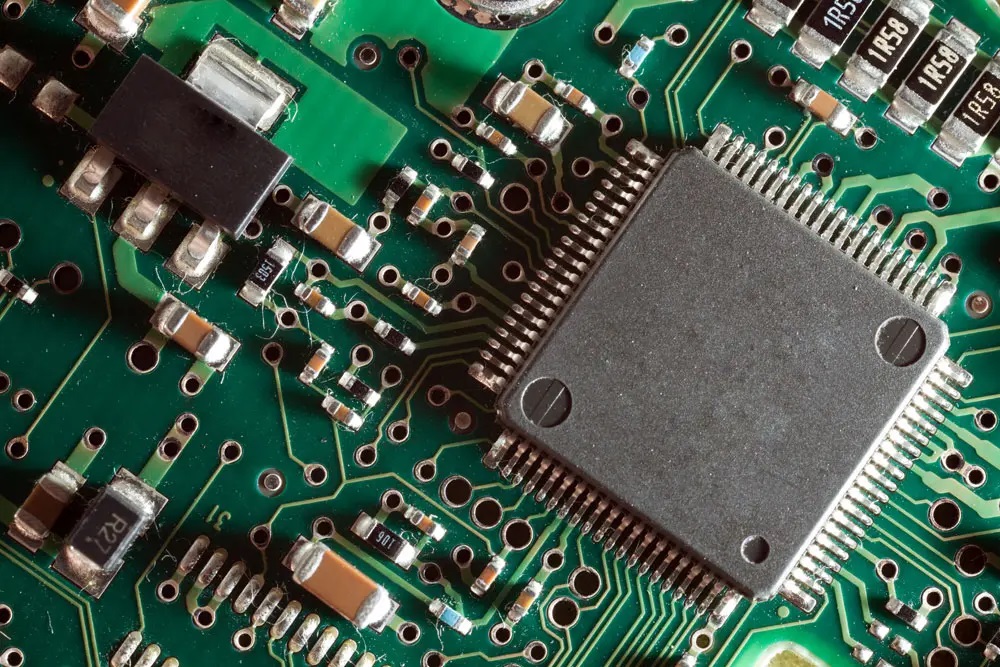The Integral Role of PCB Manufacturing in Modern Electronics and the Benefits of Managed Infrastructure Services
In today’s technology-driven world, the backbone of innovation lies in sophisticated electronic devices and the robust infrastructures that support their functionality. This post delves into how foundational components like PCBs (Printed Circuit Boards) and managed infrastructure services are crucial in driving technological advancement and ensuring seamless operation in various sectors.
The Significance of PCB Manufacturing in Electronics
PCBs are crucial in nearly all electronic products, serving as the platform for assembling electronic components in a compact and efficient manner. The process of PCB manufacturing involves various sophisticated techniques to ensure that these circuit boards perform reliably under different operational conditions. Understanding the importance of high-quality PCBs highlights why they are the cornerstone of electronic design and manufacturing.
Advantages of Quality PCB Manufacturing:
- Reliability and Durability: High-quality PCBs are designed to withstand various environmental factors such as temperature changes, humidity, and mechanical stress, ensuring long-term reliability and durability of electronic devices.
- Enhanced Performance: Advanced PCB manufacturing technologies enable the production of highly complex and precise boards that meet the demands of increasingly sophisticated electronic devices, ensuring optimal performance.
- Customization and Scalability: Modern PCB manufacturing offers customization options that cater to specific product needs, supporting innovations in technology development. This adaptability is crucial for scaling production in response to market demands.
- Cost Efficiency: Efficient manufacturing processes reduce waste and production costs, making the production of electronic devices more economically viable at large scales.
The Importance of Managed Infrastructure Services
As technology environments become more complex, maintaining and managing these systems requires specialized expertise. This is where Managed Infrastructure services come into play. These services support businesses by ensuring that their IT infrastructures are reliable, secure, and able to adapt to changing technological landscapes.
Benefits of Managed Infrastructure Services:
- Expert Management: Managed services provide access to IT experts who are skilled in managing complex infrastructures. This expertise is vital for optimizing system performance and anticipating potential issues before they cause disruptions.
- Cost Savings: Outsourcing infrastructure management to specialized service providers can be more cost-effective than maintaining an in-house team, especially for small to medium-sized businesses.
- Enhanced Security: Managed infrastructure services include robust security measures to protect against data breaches, cyber threats, and other security issues, which are critical in today’s digital age.
- Scalability and Flexibility: These services allow businesses to scale their IT resources up or down based on current needs without significant delays or capital investments, providing greater operational flexibility.
Integrating PCB Manufacturing with Managed Infrastructure Services
Integrating the production of high-quality PCBs with effective managed infrastructure services can greatly enhance the functionality and reliability of technological systems. Here’s how these two elements work together:
- System Integration: High-quality PCBs ensure that hardware components function reliably, which is crucial for the seamless operation of IT infrastructures managed by third-party services.
- Innovation Support: As PCB manufacturers develop more advanced and efficient boards, managed infrastructure services can more effectively support newer technologies that depend on these innovations.
- Operational Continuity: The combination of reliable hardware and expertly managed IT systems reduces downtime and ensures that business operations are not interrupted by technical failures.
Conclusion
The synergy between advanced PCB manufacturing and managed infrastructure services forms the foundation upon which modern technology systems operate. Quality PCBs ensure that electronic devices and components are effective and durable, while managed infrastructure services keep these systems running smoothly and securely. Together, they not only support current technological needs but also pave the way for future innovations, underscoring the importance of continuous improvement and expert management in the tech industry. For businesses looking to thrive in this environment, investing in these critical areas can lead to significant competitive advantages and operational efficiencies.






